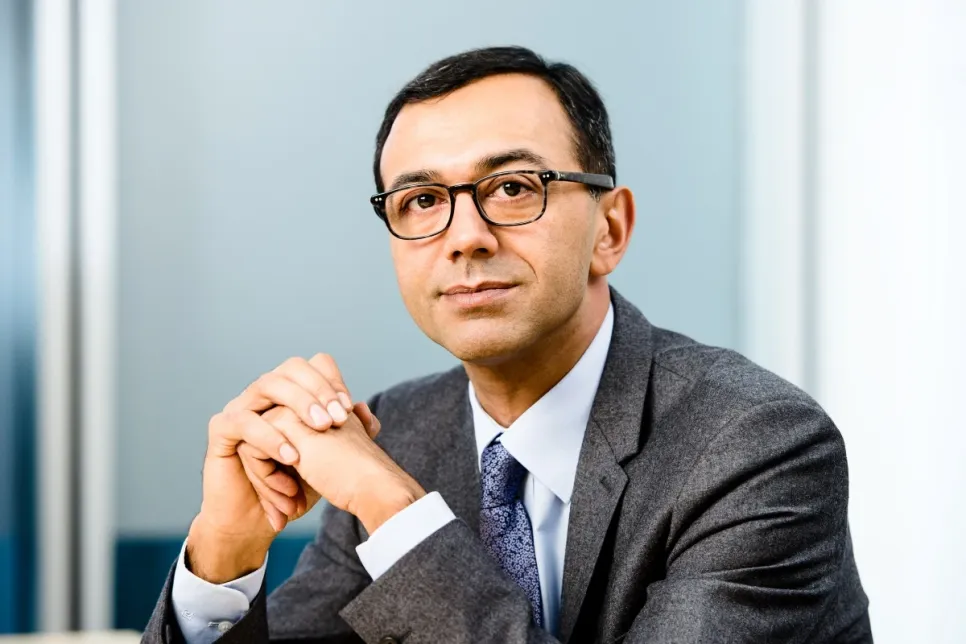GSMA and ITU Chiefs Unveil Digital Africa Vision
GSMA director general Vivek Badrinath and ITU secretary-general Doreen Bogdan-Martin called for greater collaboration and investment in the African digital economy.

GSMA director general Vivek Badrinath and ITU secretary-general Doreen Bogdan-Martin called for greater collaboration and investment in the African digital economy. The executives warned that the continent’s growth hinges on connectivity, inclusion, and local innovation.
“Africa’s future will be digital,” Badrinath stated, noting that the mobile sector contributed $220 billion to GDP in 2023 and serves 710 million subscribers across the continent. Turning to AI, he said the technology could add $2.9 trillion of value to the African economy by 2030, but warned that the continent remains underrepresented in global datasets.
“In Africa, there are over 2,000 languages, but they make up only 0.02% of online content,” he stated. To address this gap, he announced a new continent-wide collaboration with leaders from Africa’s mobile ecosystem to build inclusive AI language models, underscoring that the technology should not be a luxury for the few.
The GSMA chief further warned that Africa faces the world’s largest usage gap, with millions living within network coverage but not using mobile internet due to device affordability and limited digital skills. He outlined three defining forces driving Africa’s digital trajectory – intelligence, investment, and inclusion.
On investment, he cautioned that the continent’s current model is not really sustainable, noting that African operators will spend an additional $77 billion by 2030 as mobile data traffic across the continent is set to double at the same time. Badrinath called for regulatory frameworks that create fair operating environments for operators and really incentivize infrastructure investments, adding that digital Africa is not possible without access to reliable, scalable, and affordable energy.
Bogdan-Martin echoed this message, estimating that Africa will need $900 billion to achieve universal, meaningful connectivity by 2030. However, the ITU chief underscored the need for investment not only in networks, but also in inclusion. “Skills will actually turn network coverage into the ability to benefit from digital.”
She also underlined the importance of local innovation, stating that Africa’s digital future must be led by African entrepreneurs who are solving local problems, adding that when connectivity, skills, and support align, innovators can deliver impact exactly where and how it is most needed. Bogdan-Martin concluded that the digital future of this continent will not be built by one actor alone.